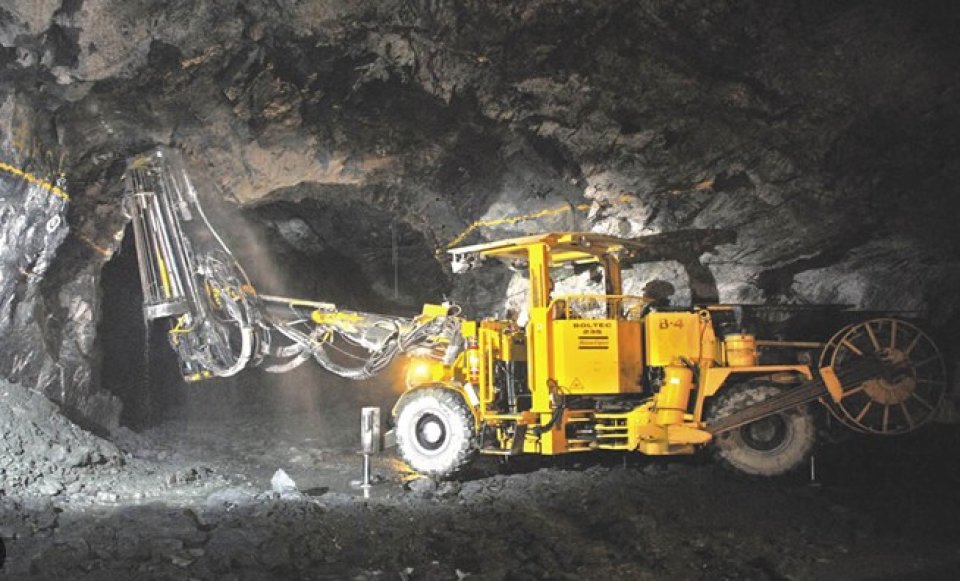New Delhi, August 14 — In an exclusive interview obtained by Reuters siting two senior officials of India governement reports tha in a landmark shift aimed at accelerating its nuclear energy expansion, the Indian government is preparing to allow private companies to mine, import, and process uranium, breaking a decades-old state monopoly over the sensitive sector.
The move is part of Prime Minister Narendra Modi’s ambitious plan to multiply the country’s nuclear power capacity twelvefold by 2047, with the goal of nuclear energy meeting 5% of India’s total electricity demand. To support this growth, India also plans to ease restrictions on foreign investment, permitting minority stakes by international players in nuclear power plants, Reuters reported earlier this year.
The proposed policy, expected to be formally announced within the current fiscal year, will allow private Indian firms to engage in the mining, importing, and processing of uranium fuel, the officials said, requesting anonymity as the plans are not yet public. It will also enable private sector participation in the supply of critical control system equipment for nuclear reactors.
However, in line with international norms and national security considerations, the government will continue to retain exclusive control over the reprocessing of spent uranium fuel and the management of plutonium waste, the officials clarified.
The Finance Ministry, Department of Atomic Energy, and the Prime Minister’s Office did not respond to Reuters’ requests for comment.
Domestic Resources Fall Short
India currently holds an estimated 76,000 tonnes of uranium, enough to power 10,000 megawatts of nuclear capacity for three decades, according to government data. But the officials said this supply would only meet around 25% of the fuel required for the projected expansion. The remainder would need to be imported, along with a significant scale-up in domestic uranium processing capacity.
The February 1 federal budget included a brief mention of the government’s intent to open the sector to private investment, though specific details were not disclosed at the time. Since then, several major Indian conglomerates have reportedly begun evaluating potential investments in the sector.
Legal Hurdles Ahead
Industry experts say the shift could be transformative, but the path to implementation is complex.
“It’s a major and bold initiative by the Indian government, critical for achieving its nuclear energy targets,” said Charudatta Palekar, an independent consultant in the power sector. “The challenge will be to define quickly the rules of engagement with the private sector.”
To enable private participation, the government will need to amend at least five existing laws, including those governing mining, electricity, and foreign direct investment (FDI), the sources noted.
Globally, countries such as Canada, South Africa, and the United States already allow private companies to mine and process uranium, offering models that India may look to as it shapes its own regulatory framework.
If implemented, the policy could unlock billions of dollars in private and foreign investment, helping India diversify its energy mix and enhance energy security amid rising demand.







